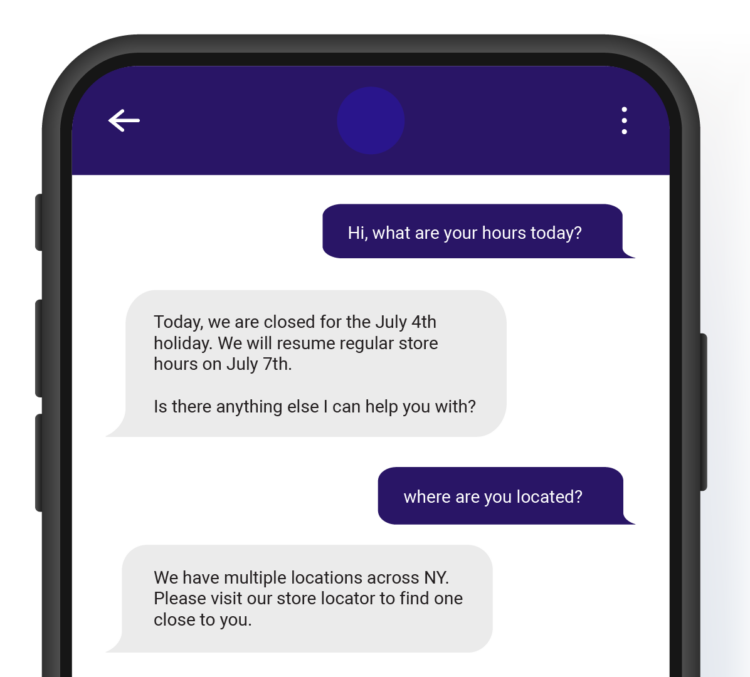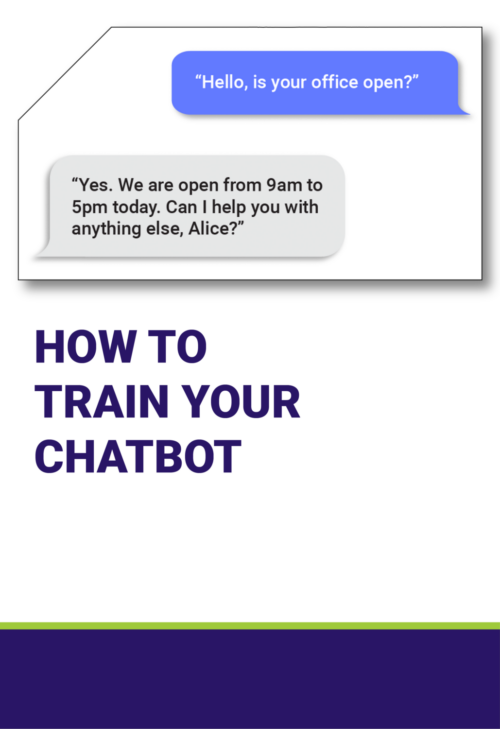If you’re not already utilizing a chatbot in your customer experience program, you’re missing out on some incredible benefits. It’s not always possible for customer service representatives to be available 24/7 – but chatbots can! Regardless of time zone or operating hours, you can improve customer satisfaction and reduce the number of abandoned tickets with the help of technology. — What you might not realize is that any chatbot you decide to use for your company will still need to be trained.
It can be trained on a variety of data, including text, code, and images. This allows you to create chatbots that are tailored to your specific needs.
To train a chatbot for your company, you will need to gather a dataset of text that is relevant to your company’s products or services. This could include FAQs, product descriptions, customer support tickets, or even blog posts. Once you have gathered your dataset, you can use the ChatGPT API to train a model.
The training process can take some time, depending on the size of your dataset. Once the training is complete, you will be able to deploy your chatbot to your website or application.
Here are some tips for training a chatbot:
- The more data you have, the better the model will be.
- Make sure the data is relevant to your company’s products or services.
- Use a variety of data types, such as text, code, and images.
- Monitor the training process and adjust the parameters as needed.
Once you have trained your chatbot, you can start using it to interact with your customers. The chatbot can answer questions, provide support, and even sell products.
Here are some examples of how chatbots can be trained for different industries:
- Customer service: Train chatbots that can answer customer questions, provide support, and resolve issues.
- Sales: Train chatbots that can qualify leads, answer questions, and close deals.
- Marketing: Train chatbots to generate leads, nurture prospects, and promote products or services.
The possibilities are endless. You can train chatbots to be used in a variety of industries and applications. Overall, chatbots are a valuable tool for improving customer service. By automating tasks, personalizing the customer experience, and gathering customer feedback, chatbots can help businesses improve customer satisfaction, increase sales, and reduce costs. It helps that they can be scaled to any size business without much of a cost difference.
It’s important to note, however, that while AI can greatly enhance customer service, it’s not a complete substitute for human interaction. There are complex queries, sensitive issues, or nuanced situations where the empathy, creativity, and understanding of a human agent are irreplaceable. The most effective customer service often combines AI and human customer service representatives, leveraging the strengths of both.

